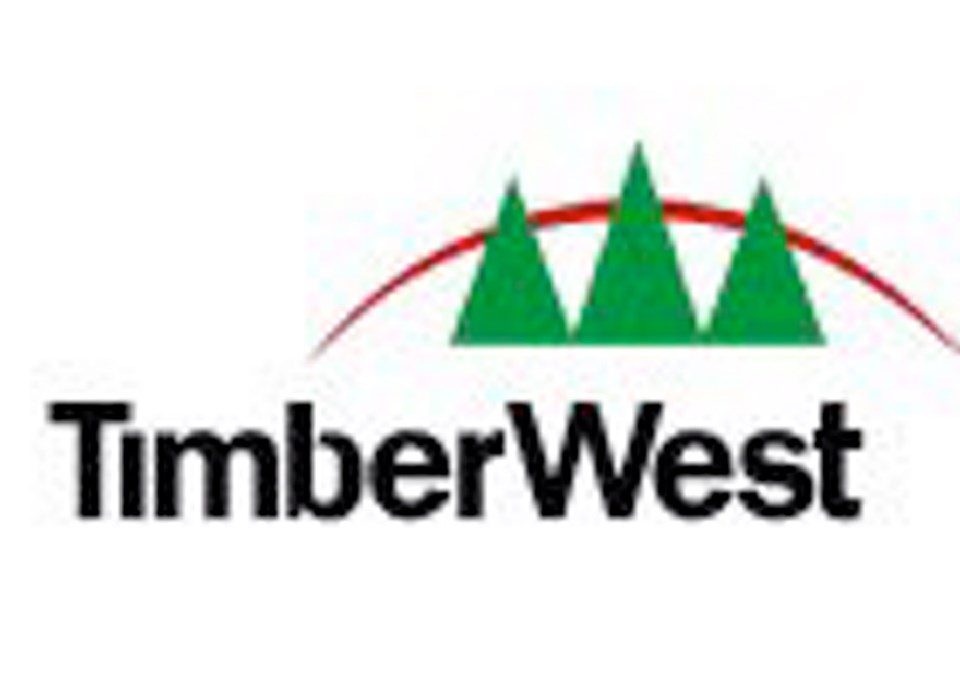The City of Campbell River won a Supreme Court decision Monday that means TimberWest will be paying a lot more taxation for its managed forest lands within the municipality’s boundaries.
In her decision, Madam Justice L.A. Fenlon said the actual intent of a piece of legislation, in this case Section 14(1) of the Local Government Act, takes precedence over its ambiguity, something on which TimberWest based most of its case.
TimberWest argued the city was discriminating against the company under the section because the city maintained a much lower rate of taxation for managed forest lands held by Merrill and Ring.
The city’s position was that the Merrill and Ring tax rate was set by a provincial order-in-council when those lands became part of the city and that while that order governs what the city can charge Merrill and Ring, it does not control what tax rate the city thinks is fair for TimberWest.
Justice Fenlon agreed and said the order was part of legislation designed to allow a municipality to expand its land base without financial injury to existing taxpayers.
She said TimberWest’s interpretation would lead to an “absurd” situation in that the city, by increasing its land base, would actually decrease the amount of taxes it would bring in.
“TimberWest’s ... interpretation would create a disincentive for the municipality to expand its boundaries,” she wrote in her ruling. “For example, if an extension were to incorporate a small residential and business area, letters patent setting a tax rate limit for those classes within the designated area would effectively compel the city to tax 98 per cent of its existing tax base at a significantly lower rate. This would lead to the absurdity that the city, by extending its boundaries and taking on increased responsibility to provide services, would be required to significantly restrict its taxing capacity and accept far lower tax revenues from its pre-existing tax base.”
In 2013, TimberWest paid $27,449 to the city for its lands. In its 2014 budget, council decided to raise the TimberWest taxation on managed forest lands to $61,375 in 2014, $94,428 in 2015 and $127,480 in 2016.
As a comparison, Campbell River managed forest lands assessment in 2013 was $12.6 million and with a rate of $2.289, the city realized $27,449 in revenues. In Cumberland with a forest lands assessment of $3.7 million and a rate of $11.83, that municipality received $43,725 in revenues. North Cowichan, at $12.2 million assessed value and a rate of $18.48, got $40,770.
This is the second time TimberWest has gone to court over the matter. In 2008, TimberWest was paying $79,185 on its forest lands. In 2009 the city tried to raise that to $1,211,639. TimberWest took them to court, won and the city was forced to reconsider its established taxation on managed forest lands. It dropped taxation of TimberWest land for 2009 to a rate that only brought in $4,185. The court case cost the city $42,000 for its own legal fees and $84,000 to cover TimberWest’s costs.
TimberWest owns about 7,500 acres of forest lands in the city.



